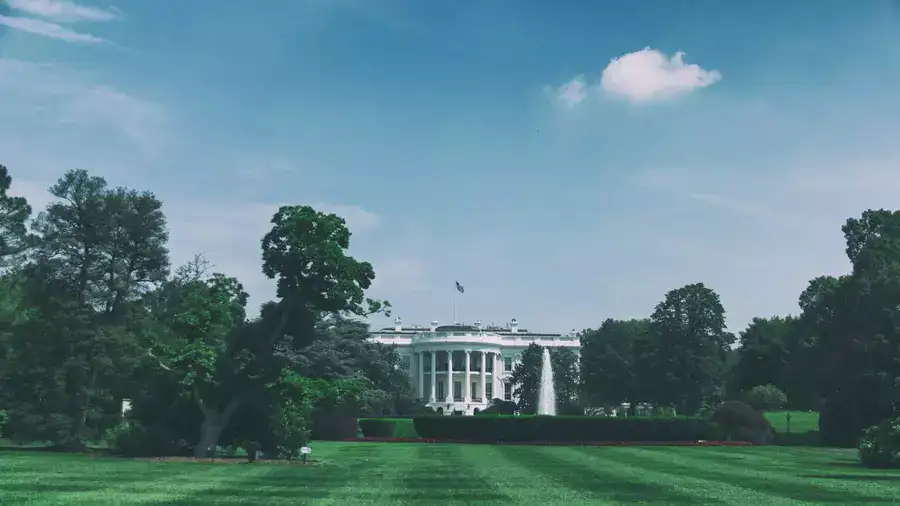As we all know, Washington state boasts a variety of climates, from the cool, damp Pacific coast to the high desert east of the Cascade Mountains. This range of growing conditions can make it challenging to choose the right grass seed for your specific area. But fear not, our team of experts has done the research to bring you the top options for your lawn.
In our guide, we'll be covering the best grass seed options for different regions of Washington, taking into account factors such as drought resistance, disease resistance, and aesthetic appeal. We'll be comparing and contrasting the top brands on the market, giving you all the information you need to make an informed decision for your lawn.
TL;DR
Kentucky Bluegrass is an excellent option due to its durability and aesthetic appeal. If you're seeking a low-maintenance, drought and shade-tolerant grass, Fine Fescue is a strong contender, with varieties including hard fescue, sheep fescue, chewings fescue, and creeping red fescue. Perennial Ryegrass is known for its fast germination and suitability for cooler climates, like Seattle's, while being moderately drought-tolerant. Finally, White Dutch Clover thrives in cool, moist environments typical of Washington, requiring less maintenance and acting as a natural fertilizer. Your choice will depend on specific regional conditions, and the best time to plant grass seed in Washington is typically in the fall.
Kentucky Bluegrass
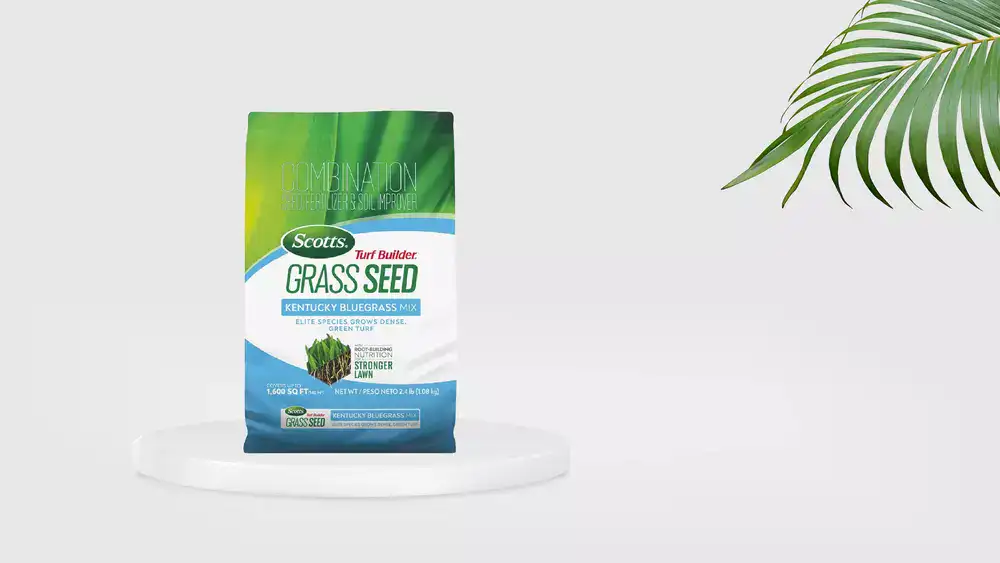
If you're looking for a lush, green lawn that can withstand heavy foot traffic, then Kentucky bluegrass might be the perfect choice for you. As one of the most popular cool-season grasses in the United States, Kentucky bluegrass has a lot to offer, including a deep green-bluish color that is sure to impress.
In addition to its stunning appearance, Kentucky bluegrass is also known for its excellent winter hardiness, which means that it can survive even the toughest conditions. It also spreads on its own, which is great news for anyone who wants to establish a thick, healthy lawn without having to do a lot of extra work.
Related: Best grass seed for red clay
Of course, like any grass type, Kentucky bluegrass does have some specific requirements in terms of water and maintenance. You'll need to make sure that you give it enough water and fertilizer, as well as plenty of direct sunlight.
While Kentucky bluegrass does have limited shade tolerance, it does very well in high-traffic areas. So, if you have kids or pets who love to play outside, this is definitely a grass type that you should consider.
One thing to keep in mind, however, is that Kentucky bluegrass is not the fastest germinating grass type out there. It can take a bit longer to establish than some other options, so you'll need to be patient.
Fine Fescue
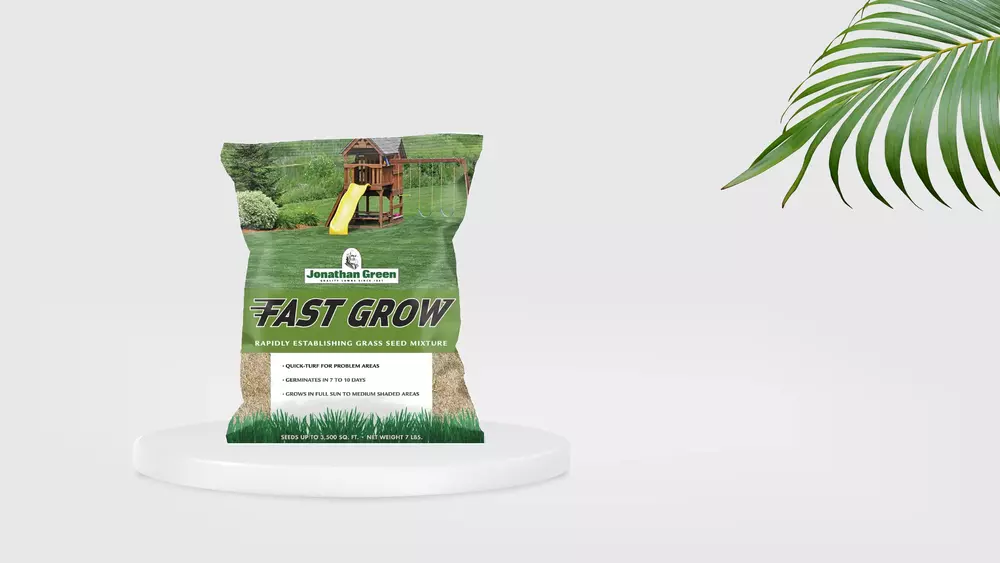
When it comes to finding the best grass seed for Washington, there are plenty of options to choose from. However, if you're in the market for a low-maintenance, drought and shade tolerant solution, fine fescue might just be the answer you've been looking for.
Fine fescue is a type of cool-season grass that is known for its light green color and bunching growth habit. It comes in four varieties - hard fescue, sheep fescue, chewings fescue, and creeping red fescue - each with their own unique characteristics. One of the standout features of fine fescue is its ability to stay green longer throughout the year, even in the cooler months.
Also read: Best grass seed for erosion control
In addition to its aesthetic appeal, fine fescue also boasts low fertilization and watering needs. This grass type can thrive in poor soil conditions and requires little maintenance overall. It's also a great option for lawns with low-light conditions, making it an ideal choice for those shaded by large trees or buildings.
While fine fescue may have a low tolerance for foot traffic, its high drought and shade tolerance make it an appealing option for many homeowners. It's also a relatively quick germinator, establishing itself in the lawn quickly once planted. And while it's not completely immune to disease, fine fescue has a moderate potential for disease, with red thread being its most vulnerable ailment.
Perennial Ryegrass
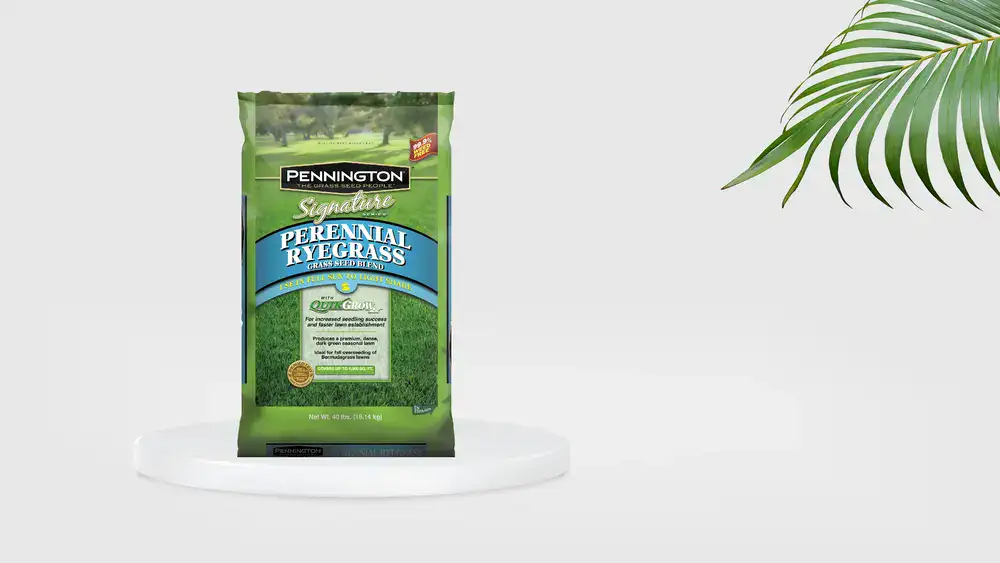
Perennial ryegrass is prized for its consistent, year-round greenery and fast germination and seedling establishment. While it prefers full sunlight, it can tolerate some shade. This grass does require frequent watering as it has shallow roots, but the payoff is a gorgeous lawn that stands up well to foot traffic.
Speaking of foot traffic, perennial ryegrass is well-suited to Seattle's cool temperatures and high humidity. This grass establishes itself quickly and is great for overseeding. Plus, it's perfect for families with active kids and pets who love to play outside.
Also read: Best grass seed for extreme heat
If you're considering planting perennial ryegrass, here are a few things to keep in mind. This grass is classified as a cool-season grass and spreads by bunch-type. Its shade tolerance is low, so make sure it gets plenty of direct sunlight. It has moderate drought tolerance, so be prepared to water frequently. On the bright side, maintenance needs are moderate, and it prefers nutrient-rich soil. Mow it to a height of 1.5-2.5 inches and watch out for potential diseases like dollar spot, red thread, and rust.
White Dutch Clover
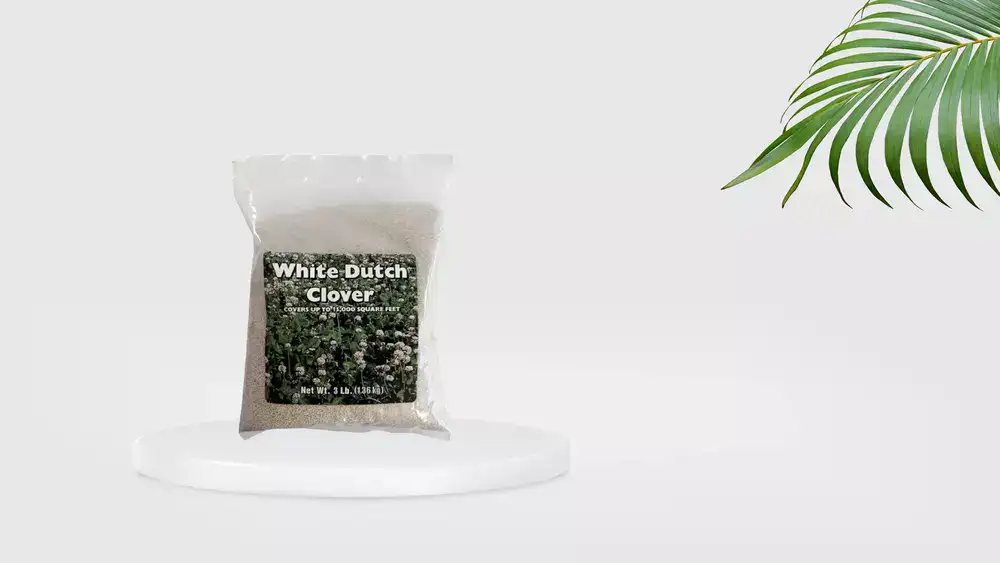
Blending clover and grass can be a cost-effective and sustainable way to keep your lawn looking green all year round, while requiring less maintenance in the long run. And with Washington's climate, white dutch clover is thriving in cool and moist environments.
But it's not just about the practicality of clover--it also offers natural fertilizer to surrounding grasses. And if you're looking to add some variety to your lawn, it's often planted with ryegrass and fescues for a dynamic and healthy landscape.
Overall, I highly recommend considering white dutch clover as a sustainable and practical option for your ideal lawn in Washington state.
Questions you might be asking
What is the best grass seed for Washington?
The best grass seed for Washington depends on the specific region and climate. Generally, a mixture of fescue, bluegrass, and ryegrass is recommended for most areas of Washington.
When is the best time to plant grass seed in Washington?
The best time to plant grass seed in Washington is in the fall, from mid-September to early November. This allows for the cooler temperatures and increased precipitation to help the grass establish strong roots before the hot and dry summer months.
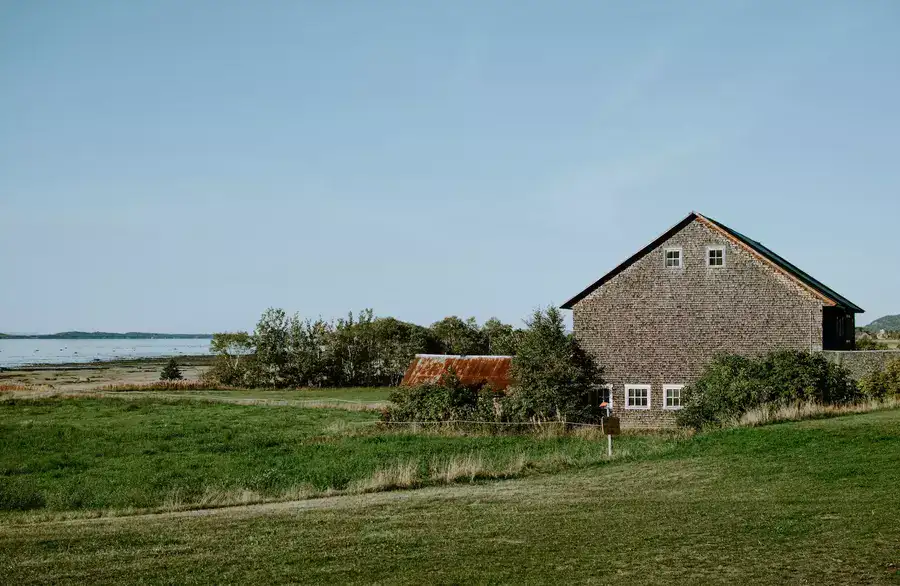
Can I plant grass seed in the spring in Washington?
While it is possible to plant grass seed in the spring in Washington, it is not recommended. The warmer temperatures and drier conditions make it more difficult for the grass to establish strong roots, and it may struggle to survive the hot summer months.
How much grass seed do I need for my lawn in Washington?
The amount of grass seed needed for a lawn in Washington depends on the size of the lawn and the type of grass being planted. As a general rule, 4-6 pounds of grass seed per 1,000 square feet of lawn is recommended.
How often should I water my newly planted grass seed in Washington?
Newly planted grass seed in Washington should be watered regularly, keeping the soil consistently moist without creating standing water. Watering once or twice a day for 10-15 minutes is usually sufficient, but this may vary depending on the specific soil and climate conditions.
How long does it take for grass seed to grow in Washington?
The amount of time it takes for grass seed to grow in Washington depends on the specific type of grass and the soil and climate conditions. Generally, you can expect to see visible growth within 7-14 days, with full establishment taking 4-6 weeks.
What grass grows best in Washington state?
Cool-season grasses like fescue, ryegrass, and bluegrass tend to thrive in Washington's climate. These grasses can withstand the frequent rain and cooler temperatures of the Pacific Northwest and maintain their color and texture throughout the year.
What type of grass seed is best for Pacific Northwest?
For the Pacific Northwest region, a mixture of fescue and ryegrass is often recommended. These grasses are drought-tolerant and can adapt well to different soil types. It is also important to choose a variety that is resistant to common pests and diseases in the area.
When should I plant grass seed in Washington?
The best time to plant grass seed in Washington is typically in the fall, between September and October. The cooler temperatures and more frequent rain during this time of year can help the grass establish a strong root system before the dry summer months.
What is the most common grass in Washington state?
The most common grass in Washington state is likely a mixture of fescue and ryegrass. These grasses can be found in many lawns and parks throughout the region, as they are well-suited to the climate and can withstand heavy foot traffic.
Sources we used in this research

